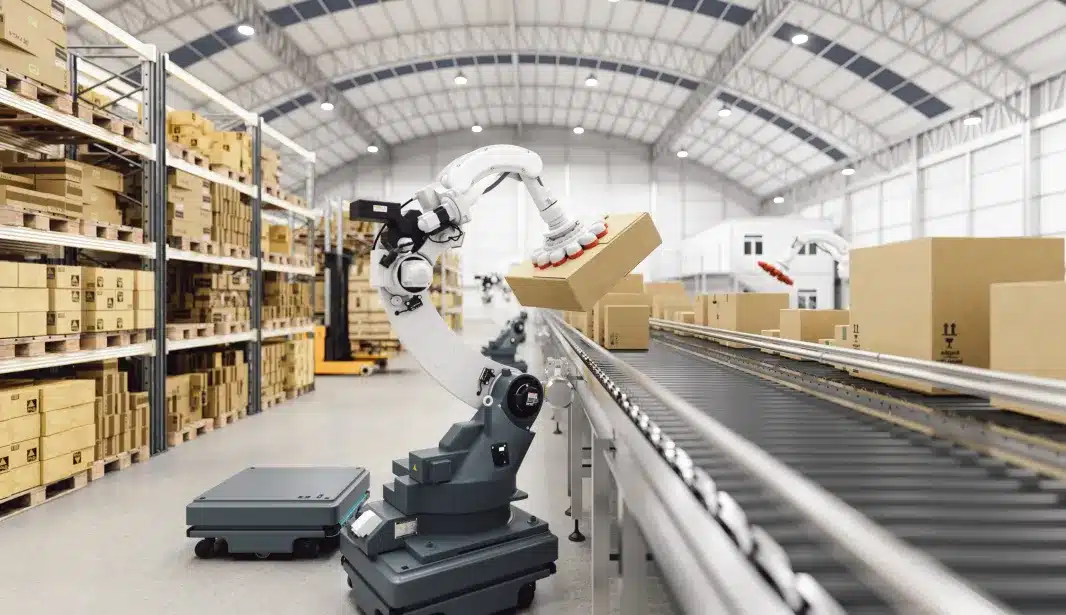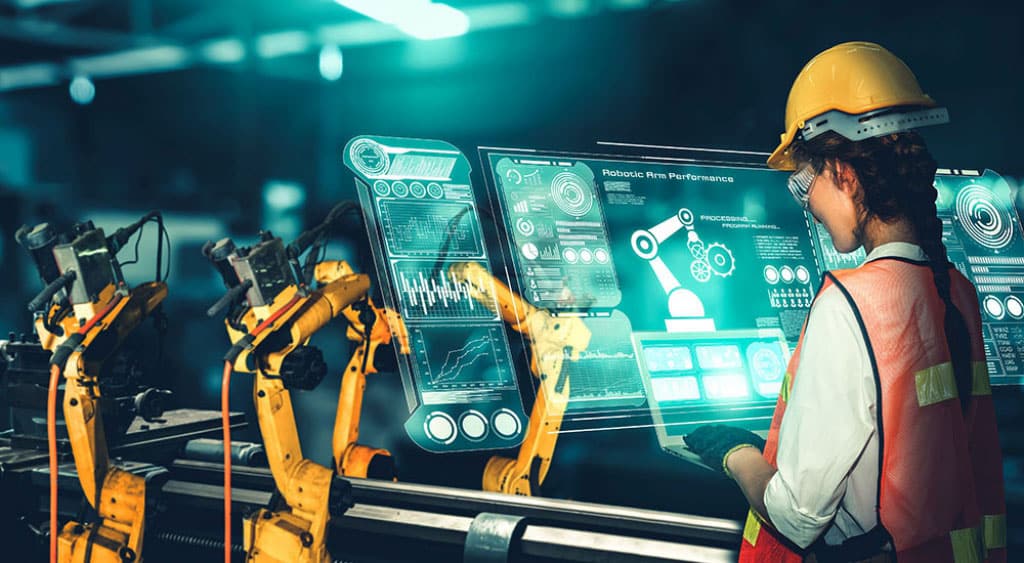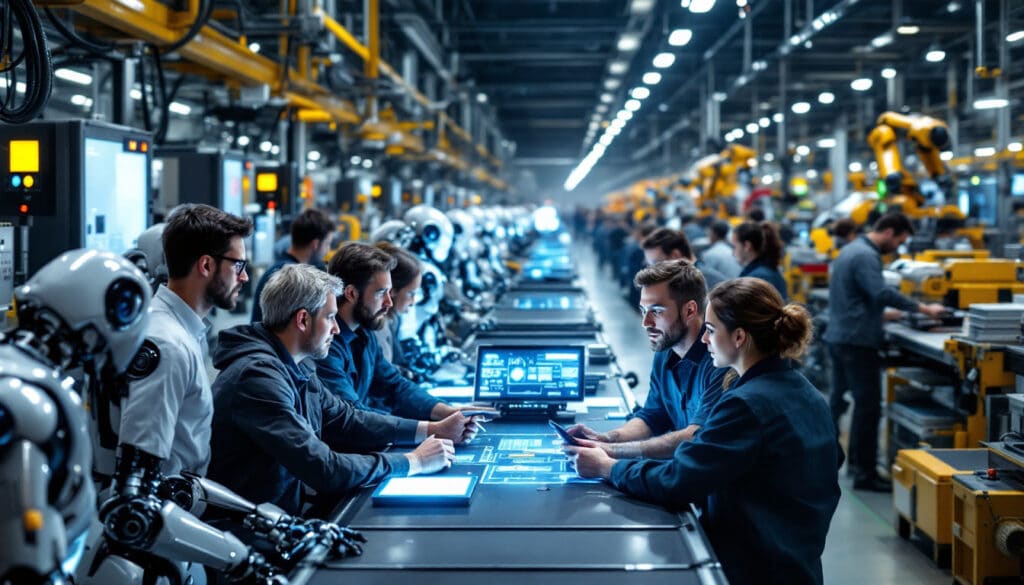Dive into the heart of the industrial revolution where edge artificial intelligence plays a driving role. This technology, integrated into Industry 4.0, transforms production environments by redefining agility and efficiency in supply chains. With real-time detection and analysis capabilities, edge AI offers manufacturers unprecedented opportunities for optimization and innovation to remain competitive.
As part of the rapid evolution of Industry 4.0, the integration of artificial intelligence at the edge plays a crucial role. It not only optimizes industrial processes but also enhances responsiveness and customization of production lines. With the use of smart sensors and real-time data analysis, modern factories can now anticipate needs and adjust their production in an agile and efficient manner. This digital transformation paves the way for a new era of industrialization, where AI amplifies human capabilities to offer innovative and competitive solutions in the market.

Table des matières
ToggleRevolution of Industry 4.0 by Edge Artificial Intelligence
Industry 4.0 is transforming with the advent of edge artificial intelligence, offering unprecedented opportunities. In this new framework, factories are becoming smarter, improving production responsiveness. By directly connecting AI to the existing infrastructure, it enables real-time analysis, facilitating decisions based on precise data. This ability to quickly process large quantities of data enhances not only efficiency but also the resilience of supply chains.
Practical Applications and Implications of Edge AI
With edge AI, businesses can optimize their operations by reducing costs and increasing productivity. Smart sensors used at critical points allow for real-time monitoring of equipment, thus reducing the risk of costly breakdowns. This technology adapts production processes to the changing needs of the market without delays. All these elements strengthen the enthusiasm for Industry 4.0 and highlight its considerable transformational potential.
Positive Effects on Organizational Agility and Collaboration
Edge artificial intelligence not only brings productivity gains but also catalyzes a new dynamic of collaborative work within organizations. By facilitating instant information sharing, cross-functional teams can better coordinate their efforts. This strengthens organizational agility and allows for rapid adaptation to external disruptions, thereby creating a significant competitive advantage in an ever-changing environment.





